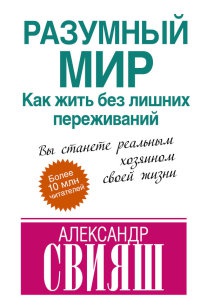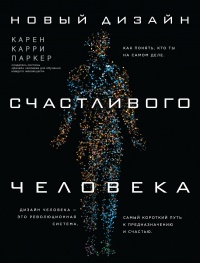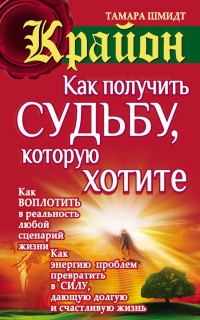Книга Это все психосоматика! Как симптомы попадают из головы в тело и что делать, чтобы вылечиться - Александр Кугельштадт
На нашем литературном портале можно бесплатно читать книгу Это все психосоматика! Как симптомы попадают из головы в тело и что делать, чтобы вылечиться - Александр Кугельштадт полная версия. Жанр: Книги / Психология. Онлайн библиотека дает возможность прочитать весь текст произведения на мобильном телефоне или десктопе даже без регистрации и СМС подтверждения на нашем сайте онлайн книг knizki.com.
Шрифт:
-
+
Интервал:
-
+
Закладка:
Сделать
Перейти на страницу:
Перейти на страницу:
Внимание!
Сайт сохраняет куки вашего браузера. Вы сможете в любой момент сделать закладку и продолжить прочтение книги «Это все психосоматика! Как симптомы попадают из головы в тело и что делать, чтобы вылечиться - Александр Кугельштадт», после закрытия браузера.
Книги схожие с книгой «Это все психосоматика! Как симптомы попадают из головы в тело и что делать, чтобы вылечиться - Александр Кугельштадт» от автора - Александр Кугельштадт:
Комментарии и отзывы (0) к книге "Это все психосоматика! Как симптомы попадают из головы в тело и что делать, чтобы вылечиться - Александр Кугельштадт"
























